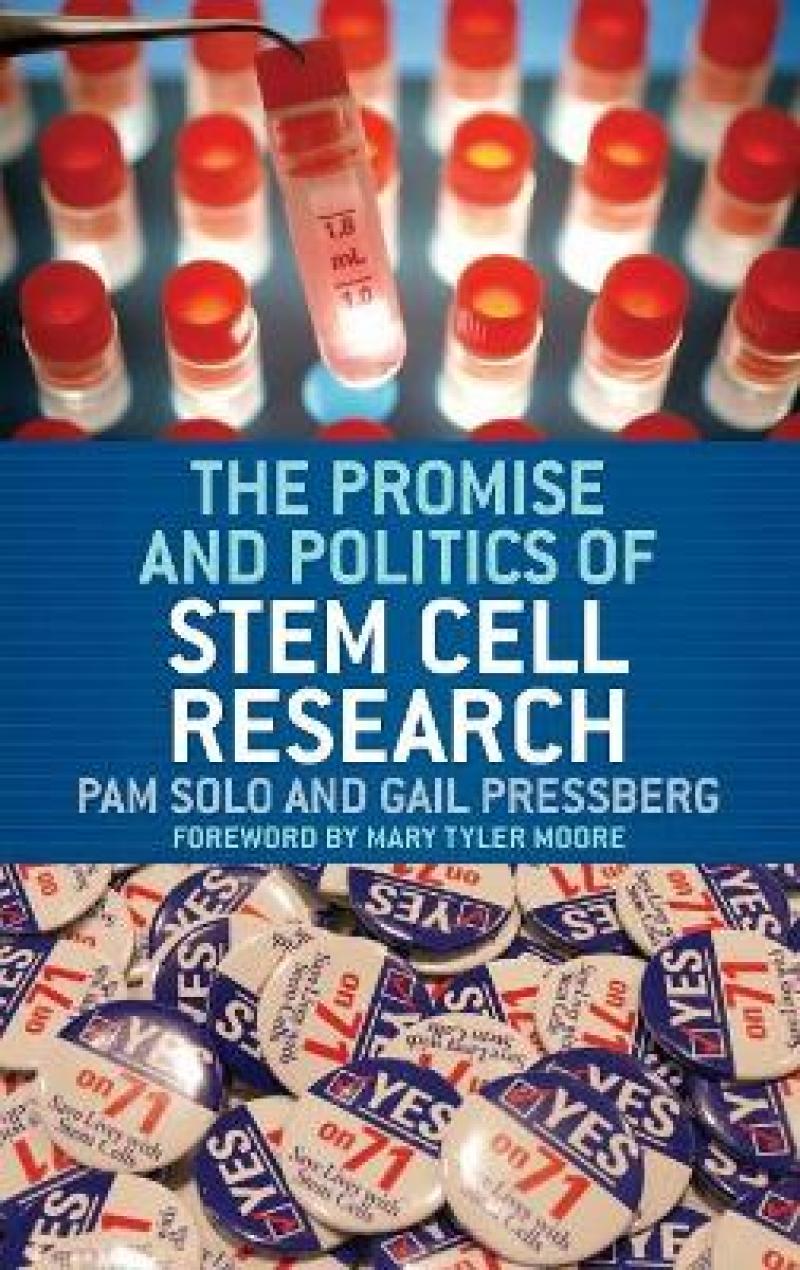Ever since President George W. Bush limited federal funding for stem cell research, the topic has been top of mind for many, including the organized patient population representing every major disease now afflicting approximately 100 million Americans. In May 2005, the president vowed to veto a compromise that 50 Republicans and 188 Democrats in the House of Representatives supported. The compromise, if matched by a Senate measure, would have repealed the 2001 limits on funding. Action at the federal level remains stalled, but states have stepped into the void to do what they can to support stem cell research. Only six states have reinforced the federal ban, and 60 percent of Democrats, 60 percent of independents, and 36 percent of Republicans support lessening or eliminating the federal restrictions on funding. As long as such restrictions remain in place, the issue promises to be one of the most divisive in any campaign season.
How did scientific and medical research on something smaller than a period at the end of a sentence come to such prominence in American political life? Embryonic stem cells are a cluster of about 150 cells that form after the joining of an egg and a sperm. The stem cells at the center of the cluster have the potential to become specialized cells that could one day benefit millions of Americans. Few areas of public policy have such far-reaching implications. This fact alone accounts for the remarkable level of information and sophistication by the broad general public. Confounding the traditional polarized politics of the country previously dominated by anti-abortion and pro-choice politics, the politics of stem cell research may be redrawing the contours of public life. New political partnerships have been formed across party and ideological lines. Unusual and remarkable collaborations between scientists and patients have created a deeply informed constituency as advocates for the research. Rarely has a so-called cultural or value issue broken through the reflexive ideologies of left and right, conservative and liberal, as has the politics of stem cell research.
Les mer
The stem cells at the center of the cluster have the potential to become specialized cells that could one day benefit millions of Americans. Confounding the traditional polarized politics of the country previously dominated by anti-abortion and pro-choice politics, the politics of stem cell research may be redrawing the contours of public life.
Les mer
Whatever constitutes one's point of view about embryonic stem cells, everyone agrees they are at the center of strong and emotional debate. Solo and Pressberg, president and stem cell advocacy specialist respectively at the Civil Society Institute, note how political reactions to the means and intentions of this research has recreated politics aside from traditional ideological and party lines and created some hitherto unlikely partners. They also describe the new ways in which researchers, patients, and those who feel they may be potential patients are advocating for government funding.
Les mer
"Stem Cell Research: Promise and Politics makes it clear that the promise of stem cell treatment lies not in the halls of politics, but in the hearts of people. No government can stand in the way of hope."
Les mer
"Stem Cell Research: Promise and Politics makes it clear that the promise of stem cell treatment lies not in the halls of politics, but in the hearts of people. No government can stand in the way of hope." -- Patti Davis, author of The Long Goodbye, a book about her father's struggle with Alzheimer's disease and the care that her mother, Nancy Reagan, provided during the various stages of this horrific disease. "From its inception the debate about support for stem cell research has been a mixture of science and politics. Solo and Pressberg make an eloquent case that the discussion should not be left either to scientists or politicians alone but rather should include a vocal and informed public-after all, the public has the largest stake in the outcome of this debate. They have defined a new role for public opinion--active, intelligent, and outspoken--and significantly raise the bar and define the potential role for public advocacy in future debates about other complex issues." -- Robert Goldstein, MD, PhD, MBA, Vice President and Chief Scientific Officer of the Juvenile Diabetes Research Foundation International
Les mer
Produktdetaljer
ISBN
9780275990381
Publisert
2006-11-30
Utgiver
Vendor
Praeger Publishers Inc
Vekt
454 gr
Høyde
235 mm
Bredde
156 mm
Aldersnivå
UU, UP, P, 05, 06
Språk
Product language
Engelsk
Format
Product format
Innbundet
Antall sider
192
